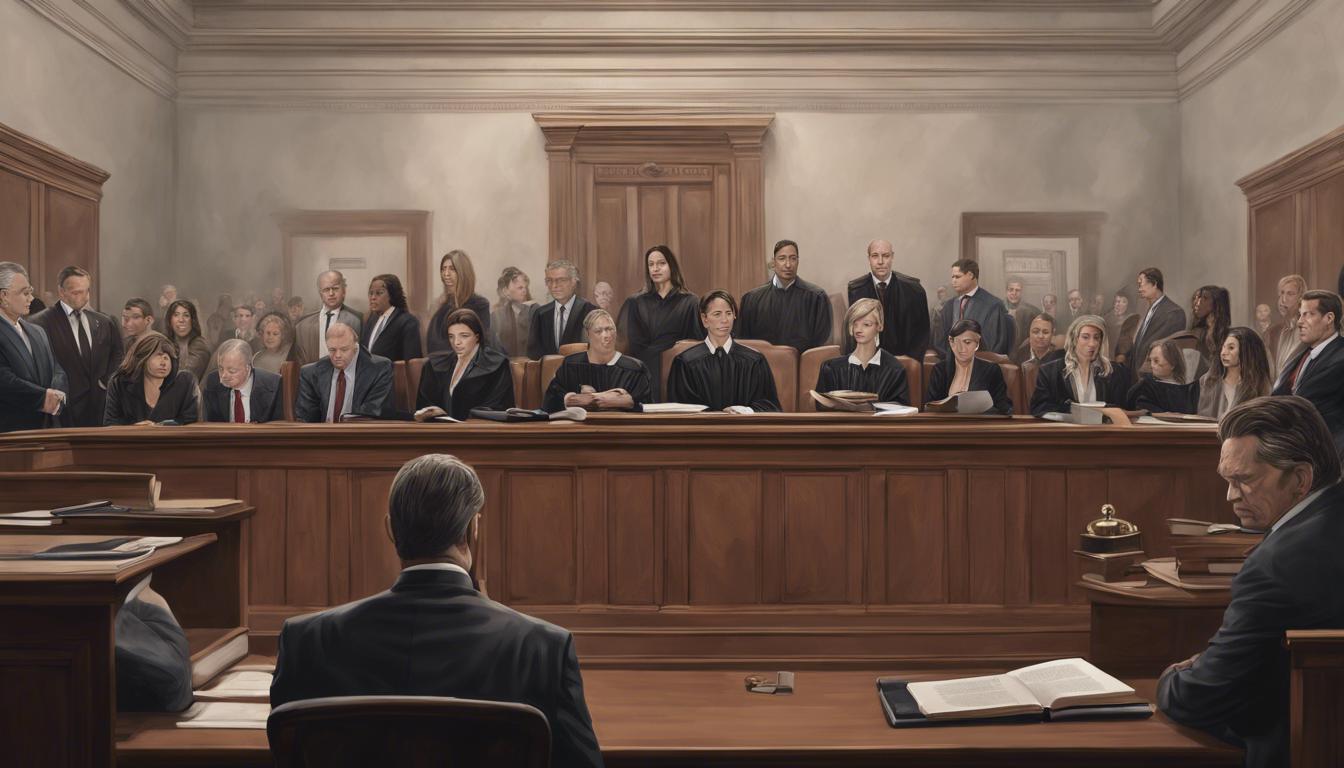The New York Court of Appeals has overturned Harvey Weinstein’s 2020 rape conviction, citing procedural errors. The decision has sparked significant public discourse and plans for a retrial by the Manhattan District Attorney’s Office.
On April 25, 2024, the New York Court of Appeals overturned Harvey Weinstein’s rape conviction due to procedural errors during his trial. The 4-3 decision was based on the trial judge’s inclusion of testimony from witnesses whose allegations were not directly related to the charges, which was seen as prejudicial.
Despite the overturn of this conviction, Weinstein continues to serve a 16-year sentence in Los Angeles, California, for separate charges of rape and sexual assault. In response to the New York ruling, Manhattan District Attorney’s Office announced intentions to retry the case.
The ruling drew sharp criticism from well-known figures including Mariska Hargitay and Ashley Judd, who have been vocal advocates for survivors of sexual assault. Judd, one of the first to bring public accusations against Weinstein, expressed her dismay on social media, emphasizing the setback this poses to survivors. Tarana Burke, founder of the #MeToo movement—which gained global attention after initial accusations against Weinstein—characterized the court’s decision as a stimulus to continue advocating for justice for sexual assault survivors.
Legal experts suggest that while the decision in New York has influenced public and legal discourse, it is uncertain how this will impact the ongoing sentence in California due to the state’s different legal standards concerning evidence in sexual assault cases. The unfolding legal proceedings continue to be a focal point in the broader discussion about justice and accountability in cases involving sexual violence.













